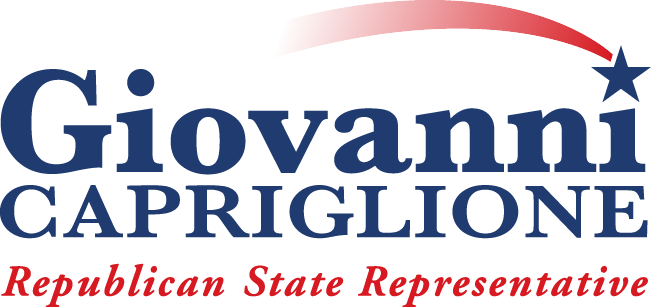Proposition 1 (property tax exemption for disabled veterans): proposes a constitutional amendment that would permit the Texas legislature to expand the circumstances under which a partially disabled veteran or their spouse may qualify for an exemption from ad valorem taxation of part of the market value of the veteran’s residence homestead. Currently, the Texas legislature may provide that a partially disabled veteran or their spouse is entitled to an exemption from ad valorem taxation of a percentage of the market value of the disabled veteran’s residence homestead only if the residence homestead was donated to the disabled veteran by a charitable organization at no cost to the veteran. The amendment would allow the Texas legislature to provide that the exemption also may be taken when the residence homestead was donated, sold, or transferred to the disabled veteran by a charitable organization for less than the market value of the residence homestead.
Proposition 2 (expansion of home equity loans): proposes a constitutional amendment to require that certain conditions be met for the refinancing of a home equity loan to be secured by a voluntary lien on a homestead. The amendment also would: redefine what is excluded in the calculation of the cap on fees associated with a home equity loan, lower the cap from 3% to 2% of the original principal amount of the extension of credit, and specify that such fees are in addition to any bona fide discount points used to buy down the interest rate. The amendment would further specify the list of authorized lenders to make home equity loans, change the threshold for an advance of a home equity line of credit, allow agricultural property owners to acquire home equity loans, and update technical terminology in the Texas Constitution.
Proposition 3 (limiting service of appointees by the Governor) proposes a constitutional amendment that would prevent certain office holders from serving indefinitely beyond the expiration of their term. Office holders who are appointed by the Governor and confirmed by the Senate and receive no salary would only be able to serve until the last day of the first regular session of the Texas legislature that begins after their term expires.
Proposition 4 (notification of Attorney General in court cases of unconstitutional statutes) proposes a constitutional amendment that would allow the Texas legislature to require any court that is hearing a challenge to the constitutionality of a state statute to notify the attorney general of that challenge, if the party raising the challenge notifies the court that the party is challenging the constitutionality of such statute. Additionally, the amendment would allow the Texas legislature to set a period of not more than 45 days following the notification to the attorney general that the court must wait before rendering a judgment that a state statute is unconstitutional.
Proposition 5 (allows more professional sports teams to hold charitable raffles) proposes a constitutional amendment to provide a more detailed definition of “professional sports team” for purposes of their charitable foundations, which the Texas legislature may permit to hold charitable raffles. The amendment also deletes a requirement that an eligible professional sports team charitable foundation permitted by the Texas legislature to hold charitable raffles had to be in existence on January 1, 2016.
Proposition 6 (property tax exemption for surviving spouses of first responders killed in the line of duty) proposes a constitutional amendment that would allow the Texas legislature by general law to provide that a surviving spouse of a first responder who is killed or fatally injured in the line of duty is entitled to receive an exemption from ad valorem taxation from all or part of the market value on the surviving spouse’s residence homestead, as long as the surviving spouse has not remarried since the death of the first responder.
Proposition 7 (allows financial institutions to conduct raffles to incentivize customers to save money) proposes a constitutional amendment that would allow the Texas legislature to make an exception to the law regarding the award of certain prizes. Currently, the Texas Constitution requires the Texas legislature to pass laws prohibiting lotteries, raffles, and other programs where the award of gifts is based on luck or chance. The proposed amendment would make an exception to this general rule to allow the Texas legislature to authorize credit unions and other financial institutions to institute programs which, in order to encourage savings, would award prizes based on luck or chance to the credit union’s or financial institution’s customers.

